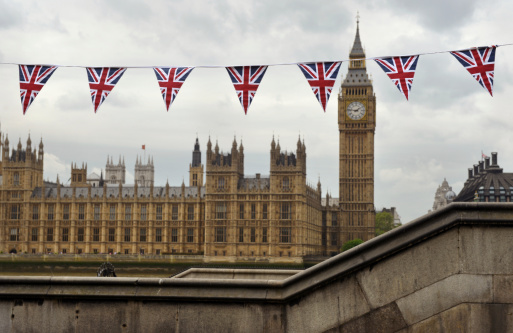
OVER two-thirds of women MPs have witnessed sexist behaviour in parliament over the last five years, according to a new report commissioned by the Fawcett Society.
Only 37 per cent of female MPs agreed with the statement “the culture in parliament is inclusive for people like me” according to the Fawcett Society, compared to 55 per cent of males in the House of Commons.
The Fawcett Society is the UK’s leading charity campaigning for gender equality and women’s rights.
It also says, 93 per cent of women MPs, compared to 76 per cent of males, said that receiving online abuse affected how they felt about being an MP. In contrast to 51 per cent of men, 73 per cent of women said it prevented them from speaking up about concerns on social media.
The Society conducted a survey and carried out interviews with current and former MPs about the issues they face at work.
“These findings sound clear alarm bells,” said Jemima Olchawski, chief executive of the Fawcett Society. “Sexism, racism, ableism and other forms of discrimination have no place in our society and when we hear so many MPs have experienced these toxic behaviours – both in parliament and online – it’s extremely concerning and damages our democracy.
“Given these are the experiences of some of the most powerful women in our country, imagine how much worse it is for those without power or privilege. The case for modernising parliament is stark.”
The society has listed a number of measures it wants parliament to take to “create a House for everyone”, including:
• Establishing an accountability mechanism to report publicly about progress to make parliament more inclusive
• Investigating changes to sitting hours and online or proxy voting
• Increasing budgets for MPs’ staffing, office running costs and childcare needs
• Ensuring the Electoral Commission and local police have the resources to take legal action against those who intimidate candidates and campaigners
Olchawski added: “MPs are rightly proud of the difference they can make to our society – but without urgent action, we won’t achieve the diverse, inclusive and representative democracy that the UK needs more than ever.”
In order to address the disproportionate amounts of online harassment suffered by women, particularly those from ethnic minorities, and to strengthen tech corporations’ responsibility, the organisation also seeks an amendment to the much-delayed Online Safety Bill.
Additionally, they urge political parties to enact quotas to boost the participation of women in parliament, particularly those from underrepresented groups.